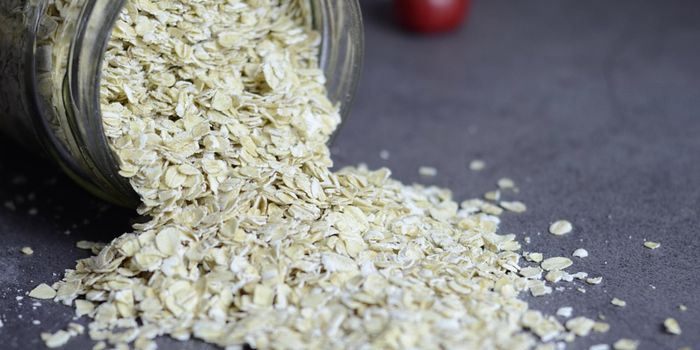Can Statins be Used to Treat Strokes?
When a blood clot forms in an artery that supplies the brain with oxygen, obstructing it, a stroke can occur. Strokes can cause devastating complications including paralysis, speech or vision problems, and memory loss. As many as thirty percent of strokes start when the heart pumps something like a clot where it shouldn't go, like to the brain. Treatments usually aim to remove the blockage from the brain if possible, and have to be applied immediately after the obstruction occurs or the complications get worse. Only one drug is approved as a treatment, and it also has to be administered within a certain time.
"If you can get statins to the brain at effective concentrations, they actually are protective in the setting of stroke," said associate professor Patrick T. Ronaldson, Ph.D. Researchers are trying to learn more about using this commonly prescribed class of approved drugs as a stroke treatment. Dr. Ronaldson now has a $2.79 million grant from the National Institute of Neurological Disorders and Stroke (NINDS) to study how statins can be effectively delivered to the brain, where they would be needed to treat a stroke.
The blood-brain barrier protects the central nervous system from pathogens and toxins, and can be a major impediment to the effective delivery of therapeutics that can help treat brain disorders. Previous work has established that statins have the potential to offer stroke patients a degree of neuroprotection. Statins can reduce the risk of stroke in people that are at high risk, and people who have suffered a stroke have less of a chance of experiencing another one and better outcomes if they take statins.
"There have been about 2,000 neuroprotective compounds that have been identified in pre-clinical studies over the past 20 years, and none of them have even made it to a Phase 3 clinical trial," Ronaldson said. "Most of the research in drug discovery and stroke has focused on trying to identify something that works and then worrying about how to get it into the brain. We're taking something that we know works - statins - and figuring out exactly how to get it into the brain. If you appreciate that from day one, that's going to lead you to toward more effective therapies for stroke."
Ronaldson wants to investigate transporters that can move drugs into tissues including the kidneys or brain, for example. Transporters called organic anion transporting polypeptides (Oatps) were shown to move statins across the blood-brain barrier in previous research by Ronaldson's team.
It may be possible to target ad regulate Oatps so they will transport the statins, and that Oatps will be shown to mediate their impact as a stroke treatment.
"This is the critical step in determining whether a statin works for stroke therapy. Our research will be able to inform treatment options for stroke so that clinicians can use that knowledge to try to make those treatments and statins more effective," said Ronaldson.
"Not only do we want to target a transporter and deliver the drug, but we want to control the playing field," Ronaldson added, "If we can extend that therapeutic window and give first responders or emergency room clinicians a safe and effective tool that can reliably protect the brain, that's one of the best ways that we can make a contribution in terms of improving stroke therapy."
Sources: AAAS/Eurekalert! via University of Arizona Health Sciences








